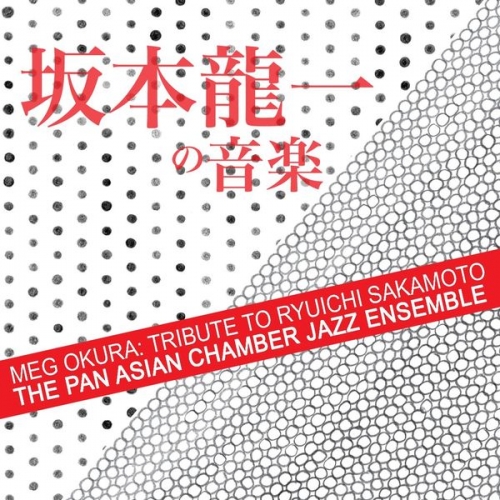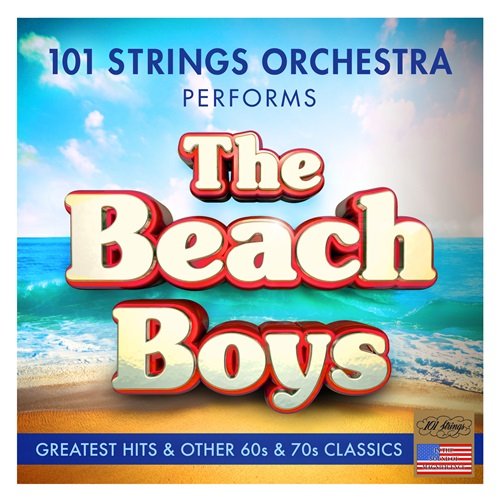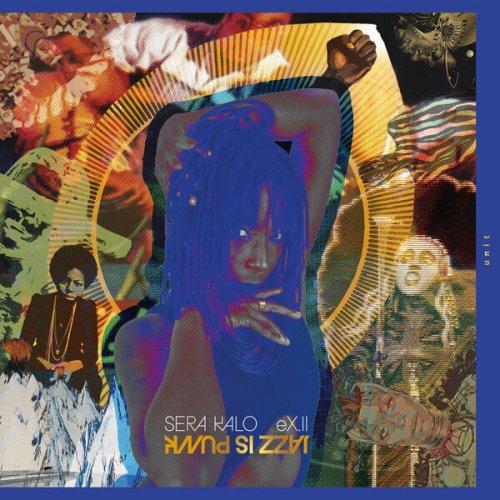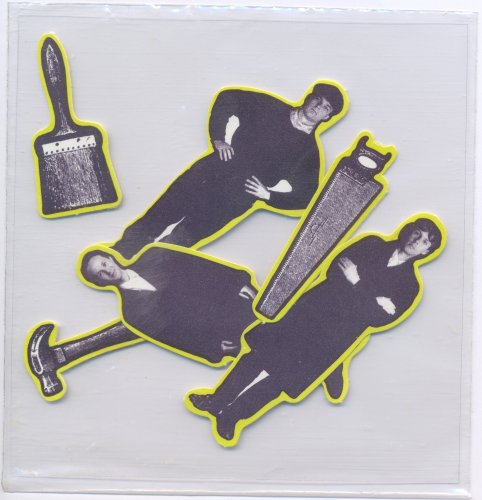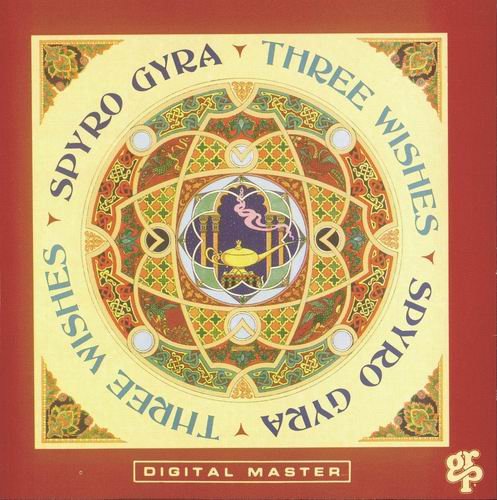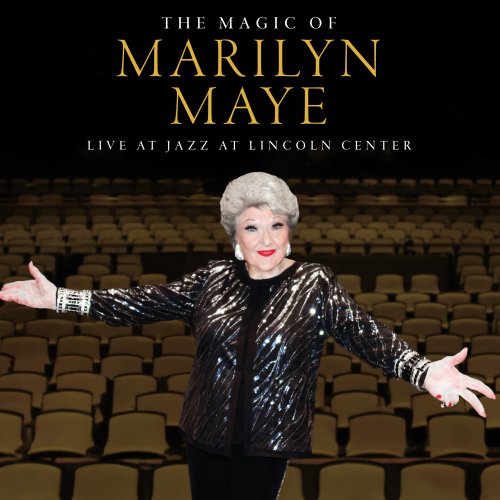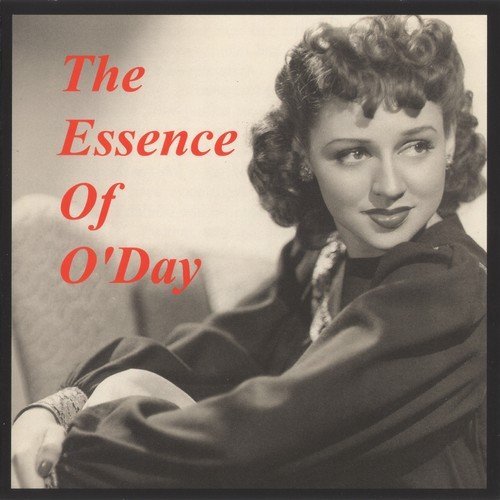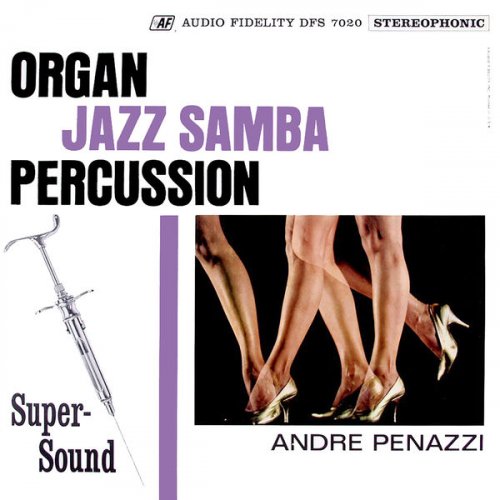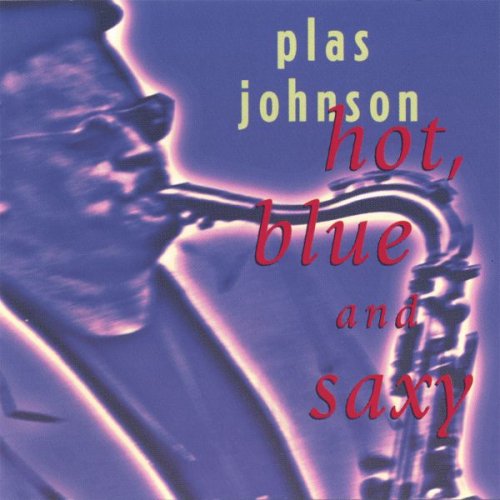Cantus Thuringia - Vittoria Aleotti - Ghirlanda de Madrigali (2024) [Hi-Res]
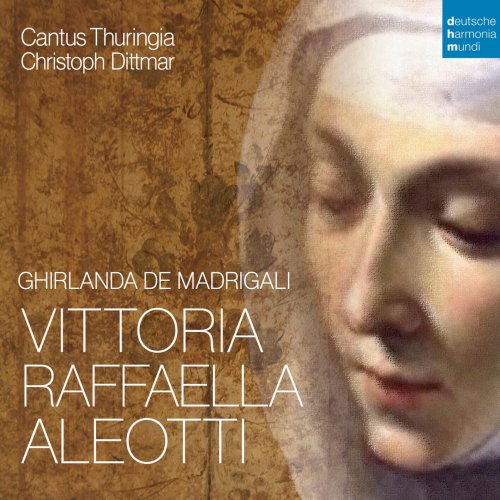
Artist: Cantus Thuringia
Title: Vittoria Aleotti - Ghirlanda de Madrigali
Year Of Release: 2024
Label: Deutsche Harmonia Mundi
Genre: Classical
Quality: flac lossless (tracks) / flac 24bits - 96.0kHz +Booklet
Total Time: 01:13:39
Total Size: 376 mb / 1.42 gb
WebSite: Album Preview
TracklistTitle: Vittoria Aleotti - Ghirlanda de Madrigali
Year Of Release: 2024
Label: Deutsche Harmonia Mundi
Genre: Classical
Quality: flac lossless (tracks) / flac 24bits - 96.0kHz +Booklet
Total Time: 01:13:39
Total Size: 376 mb / 1.42 gb
WebSite: Album Preview
01. Toccata in C Major
02. Hor che la vaga aurora
03. Bacia per haver vita
04. O quante volta invan cor mio
05. Toccata in G Minor
06. T'amo mia vita
07. Io v'amo vita mia
08. Toccata in D Minor
09. Cor mio perche pur piangi (Prima Parte)
10. Io piango (Seconda Parte)
11. Ruggieri in G Major
12. Dicesti anima mia
13. O dolce eterno amore
14. Canzon in F Major
15. Al turbar de' bei lumi
16. Canzon in A Minor
17. Lasso quand'io credei
18. Per voi lasso
19. Primo tono in D Minor
20. Mentre l'ardite labbia (Prima Parte)
21. Ahi che per altro (Seconda Parte)
22. Io dal sofferto foco
23. Toccata in A Minor
24. Ahi che s'avien in me
25. Canzon in A Minor II
26. Amor mio perche piangi
27. Toccata in E Minor
28. Ch'io non t'ami cor mio
29. Ricercare del secondo tuono
30. O dolc' anima mia
31. Ricercare del primo tuono
32. Se del tuo corpo (Prima Parte)
33. Pero Signor che vedi (Seconda Parte)
Included in the program Ercole Pasquini: "Toccata in C major Vittoria Areotti: "The Sun Rises at Dawn," "I Kiss You to Gain Life," "Oh, How Many Times My Heart Has Wasted" Ercole Pasquini: Toccata in G minor Vittoria Areotti: "I love you, O man of my life" "I will always love you" Ercole Pasquini: Toccata in D minor Vittoria Areotti: "Why does my heart weep? Ercole Pasquini:Ruggieri in G major Vittoria Areotti: "O my soul", "O sweet eternal love" Lutzasko Lutzaski: Canzon in F major Vittoria Areotti: "Al turbar de' bei lumi Ercole Pasquini: Canzon in A minor Vittoria Areotti: "Hasten if you believe" "A Time for You Ercole Pasquini: First melody in D minor Vittoria Areotti: "Mentre l'ardite labbia", "Oh, what else? Ercole Pasquini: Toccata in A minor Vittoria Areotti: "Oh, what is happening to me Ercole Pasquini: Canzon in A minor, No. 2 Vittoria Areotti: "Why do you weep, my love? Lutzasko Lutzaski: Toccata in E minor Vittoria Areotti: "How can I not love you, my heart? Lutzasko Lutzaski: Ricercare in the second melody Vittoria Areotti: "Oh, my tender soul Lutzasko Ruzzaschi: Ricercare in the first melody Vittoria Areotti: "Se del tuo corpo" "But Lord, what do you see? Performer. Cantus Thuringia [Areotti's work]. Bernhard Claplot (harpsichord) [instrumental music]. [Recordings] February 19-20, 2021 and September 18-19, 2023, Johanneskirche, Weimar. Vittoria Raffaella Areotti (c. 1575~1646) was one of the first female composers of the 16th century and one of the most important figures in the music world. She is also known as a harpsichordist, organist, and conductor. Raised at the influential Este Court in Ferrara, where her older sister practiced music, she began playing the harpsichord at the age of six, and at fourteen entered the convent of San Vito, where she continued her musical education. Later he became director of the convent of San Vito near his hometown of Ferrara, where he continued to compose until his advanced age, receiving praise from Duke Alfonso d'Este, Pope Clement VIII, and Archduchess Margarete of Austria, among others.In addition to composing, he also worked as an organist at a monastery and conducted a large ensemble of instrumentalists and vocalists, which, according to the writings of his contemporary Ercole Bottrigari, was one of the best ensembles in Italy. The ensemble is said to have been one of the finest ensembles in Italy. The Madrigale, first composed by Areotti at the age of 16, is considered a hidden masterpiece. With its polyphonic sophistication and emotional depth, Madrigale is a testament to her innovative compositional style. This album by the vocal ensemble Cantus Thuringia and harpsichordist Bernhard Klapprodt brings Areotti's beautiful madrigals to life. Not only does it highlight her great talent, but it also highlights her significant contribution to the music of the Renaissance. It is truly a rediscovery of Areotti's work and offers a fresh and vibrant interpretation that captures the essence of her musical talent. Bernhard Klapprodt, harpsichordist, founder and co-musical director with Christoph Dittmar of the vocal ensemble Cantus Thuringia, performs 16th~18th century repertoire in a variety of formations. From quartets to chamber choirs, the professional singers create an ensemble sound worthy of the music. Their musical range is further broadened by collaborations with internationally popular soloists. In addition to their emphasis on religious vocal music, the chorus also seeks to unify the overall concept in the performance of stage productions through collaboration with experts in historical acting and gesture. This has brought them international attention with productions such as Purcell's Dido and Aeneas (directed by historical stage director Margit Legler), Telemann's Pimpinone, and Anna Amalia's Erwin and Hermile (directed by the same director, Nils Niemann).
